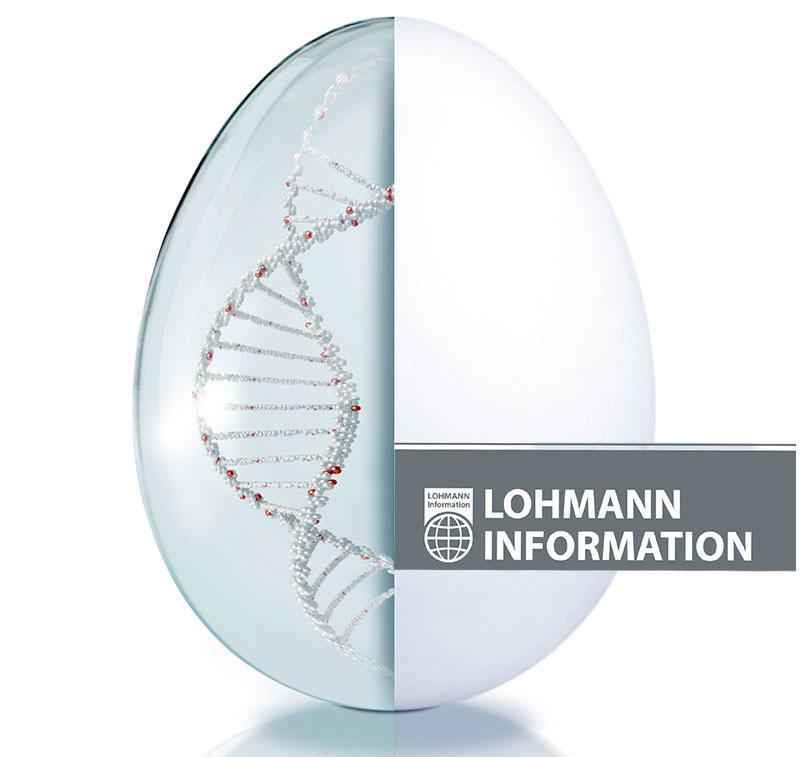This website uses cookies to improve your experience. We'll assume you're ok with this, but you can opt-out if you wish. Read More

At the current rate of growth, the world population will soon reach 8 billion, and per-capita consumption of poultry meat…

Abstract Dogs and cats have traditionally been kept on farms and other households and were fed offal from human consumption.…

Abstract Bird eyes generally differ from human eyes, especially within spectral sensitivity and their ability to resolve temporally varying stimuli.…

Abstract The EU-funded Prohealth project aims to improve the health of conventionally farmed poultry and pigs by a wide-ranging programme…

Abstract The British egg industry is an excellent example of how an agricultural sector can innovate and embrace technology to…

Abstract In commercial layer breeding, extensive gene pools are tested and selected for market requirements which must be anticipated at…
And find out about all the latest industry news.